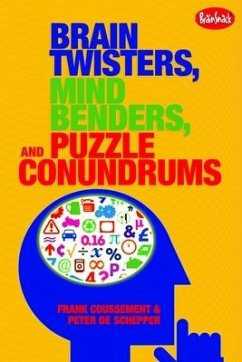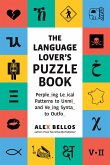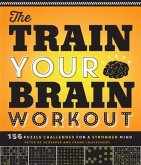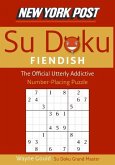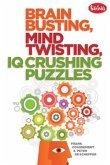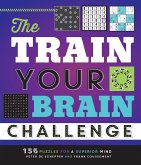These are brain games at their very best—and it's no puzzle why! The BrainSnack® brand guarantees to train your brain, enhancing logic, imagination, creativity, and memory. This vibrant and appealing collection serves up a wide range of visual and verbal conundrums, from grids and pixel fun to concentration exercises and continuous line challenges. Feeling lucky? Then try your hand at the Lucky Puzzle Slot Coin game. Want to test out your logic skills? Then find the "slices" that will complete the colorful pie chart. (It's trickier than it first appears!) Search for elements that stand out from the rest, focus your attention on three-dimensional images and meaningful colors, look for repetitive series, and decipher the correct order of patterns. The result is a total mental workout that enables you to develop your gray matter at all levels—no matter what your age.
Hinweis: Dieser Artikel kann nur an eine deutsche Lieferadresse ausgeliefert werden.
Hinweis: Dieser Artikel kann nur an eine deutsche Lieferadresse ausgeliefert werden.

